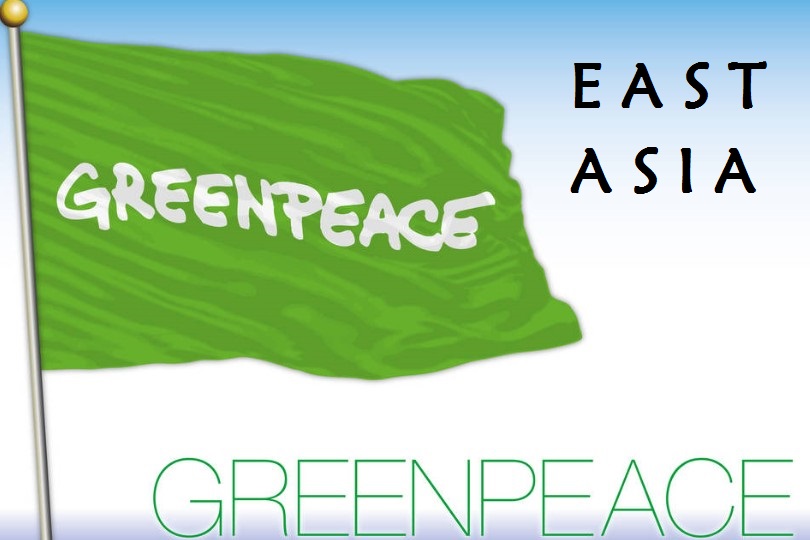Greenpeace hailed China’s commitment to clean up chemical pollution with a breakthrough chemical management plan that acknowledges for the first time the existence of ‘cancer villages’ and will blacklist 58 chemicals and have an elimination chemical list by 2015 (ChemLinked news released on 26 Feb 2013).
“China has been the world’s largest chemical producer since 2010. The Plan indicates that the massive pollution found across the country, caused by large-scale chemical production and the release of hazardous chemicals, urgently needs to be tackled,” said Yixiu Wu, Toxic Campaigner for Greenpeace East Asia based on Beijing.
“It’s our hope that this announcement is quickly implemented and enforced – about half of China’s rivers are not suitable for domestic use, and around 20% are deemed useless even for industrial purposes. We simply cannot wait any longer.”
The Five Year Plan highlights the risks that toxic chemicals have posed to the nation’s environment and health.
“The setting up of a blacklist for priority actions, which includes DEHP, BPA and Nonylphenol (NP) indicates strong political will. But most importantly, it sends a clear message to industry that these hazardous chemicals, which are banned in various other parts world, will have no place in the future of China,” said Wu.
The Ministry of Environment’s Five-Year Plan states that the government will come up with phase-out and restriction lists by 2015, which indicates that China’s chemical management has shifted from pollution control -- once the norm in Chinese environmental policy -- to elimination.
Seven industries are listed for priority pollution prevention and control, including the textile industry, which has the focus of Greenpeace’s global Detox campaign.
“Greenpeace has long documented and exposed the role of the textile industry in hazardous water pollution scandal. It’s about time all chemical intensive industries, including the textile sector, clean up their act and eliminate the use of all hazardous chemicals from their products and production processes,” said Wu.
Greenpeace has been campaigning for the restriction and elimination of hazardous chemicals in China since 1997.
Media contacts:
Tristan Tremschnig, Media Relations Specialist, Greenpeace International,
Email: tristan.tremschnig@greenpeace.org
Phone: +31 6 43 78 7393
Yixiu Wu, Toxics Campaigner, Greenpeace East Asia,
Email: wu.yixiu@greenpeace.org
Phone: +86 158 1046 0835 (Beijing)
















